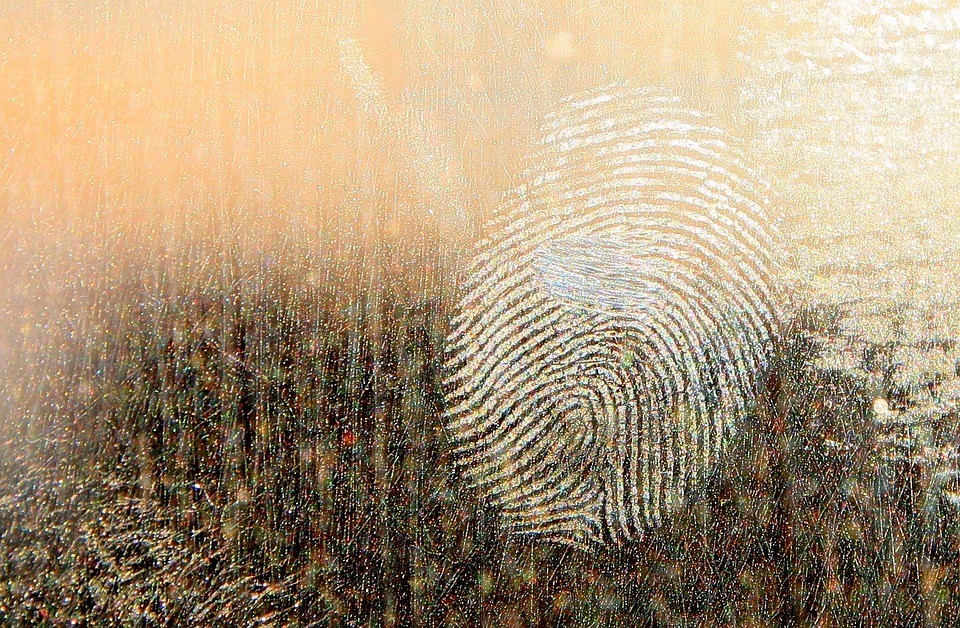Open access: A new age of research publication
Transparency is a critical element of science. A fundamental principle of any experiment is reproducibility, or the ability for an experiment to be reproduced by any researcher, which is impossible without researchers being transparent about the conditions of the initial experiment. But transparency is also important to ensure that policymakers, healthcare providers, and members of […]
Open access: A new age of research publication Read More »








